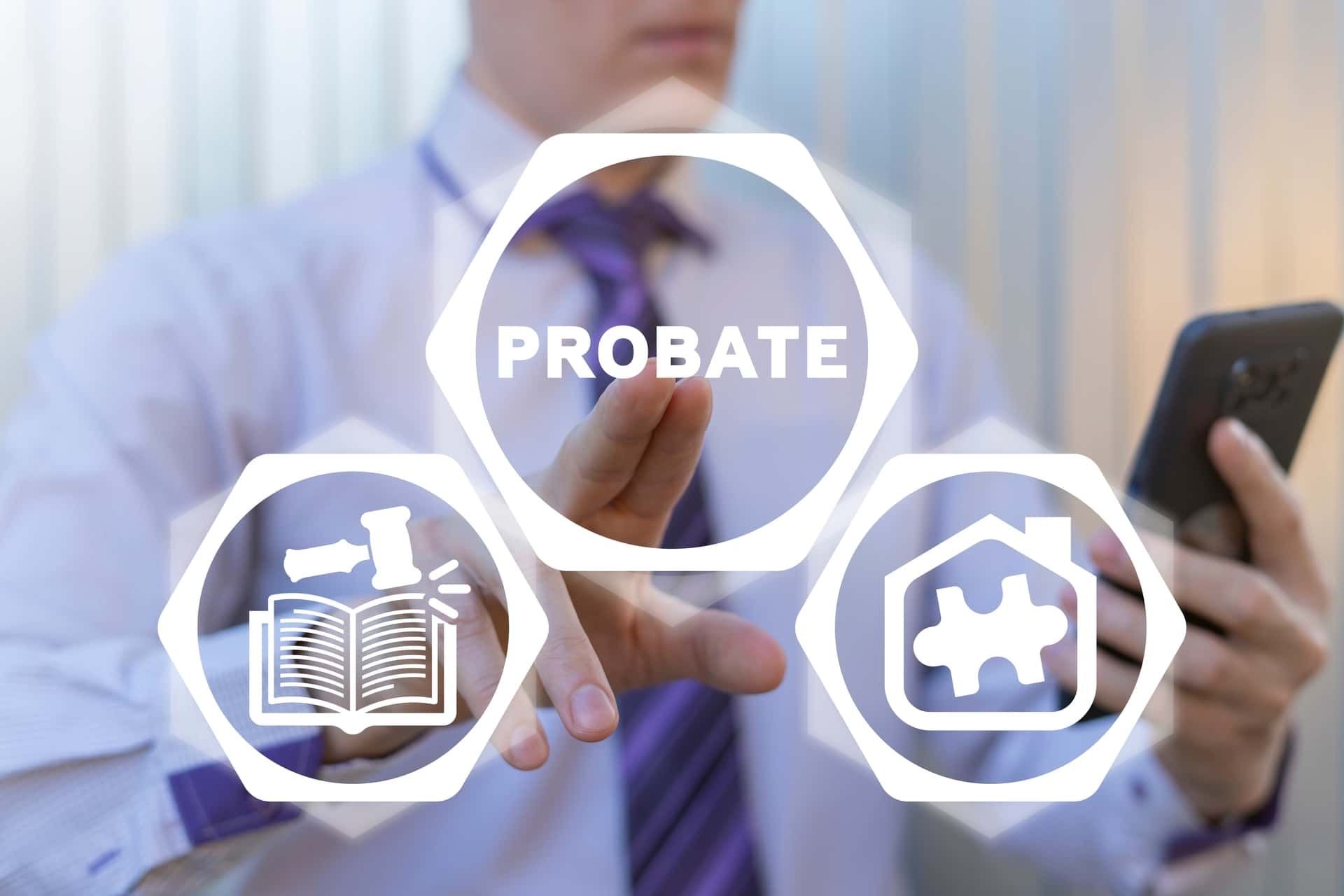How To Get Power Of Attorney When Someone Is Incapacitated
The legal complexities surrounding power of attorney (POA) are challenging enough, but when someone is incapacitated, the complexity amplifies. This is a sensitive issue that requires not only legal expertise but also careful planning and emotional fortitude. In this blog, we will delve into what incapacity means in legal terms, the types of POA you can obtain, and the legal steps involved.
What Does Incapacity Mean?
Incapacity in a legal context refers to an individual's inability to manage their own affairs or make decisions that impact their life, typically due to mental or physical disabilities.
The term is often defined through medical evaluation and affirmed by
legal documentation. Incapacity can be temporary, like in cases of unconsciousness, or long-term, as seen with mental health conditions or severe physical impairments. When someone is declared incapacitated, the traditional pathways to gaining POA become more intricate.
Now, instead of a simple legal agreement between two consenting adults, court intervention is often necessary to establish a new POA, making the role of an experienced
estate planning lawyer indispensable.
Types of Power of Attorney
When dealing with incapacity, it's essential to understand the different types of POA that can be utilized, as each serves a distinct purpose:
General POA
This is the most comprehensive form of POA and gives the designated agent relatively broad powers to act on behalf of the principal. However, it becomes null and void if the principal suddenly becomes incapacitated, making it less useful in such scenarios.
Durable POA
Unlike a general power of attorney, a durable power of attorney remains active even if the person named as principal is incapacitated. This makes it an invaluable tool for estate planning when dealing with potential or actual incapacity.
Medical POA
Also known as a healthcare proxy, this type of POA allows the agent to make medical decisions for the princiifthat they are unable to do so for themselves. This is often used alongside living wills to provide comprehensive healthcare directives.
Each type of POA has its legal prerequisites and limitations, which is why
consulting an estate planning attorney is crucial when navigating the complexities of incapacity.
Legal Steps to Gain Power of Attorney
Gaining power of attorney when someone is incapacitated involves a series of legal steps that are designed to protect the interests of all parties involved. The process is often complicated and may require court involvement, underscoring the importance of hiring an estate planning lawyer. Here’s the general process for gaining power of attorney:
- Legal Prerequisites: The first step is to ascertain the type of power of attorney required, as discussed above. Once that is determined, the relevant legal documents must be prepared. These forms may include affidavits, attestations, and notarizations that prove the principal's inability to manage their own affairs and the agent's capability to do so responsibly.
- Court Involvement: If the principal is already incapacitated without a pre-existing POA, you may need to go through a court process, often referred to as a "conservatorship" or "guardianship" proceeding. This can be a lengthy process requiring documentation and evidence, such as medical reports and financial records, to prove incapacity and the necessity of a POA.
- Role of an Estate Planning Lawyer: An experienced estate planning attorney can guide you through the legal maze, helping you understand your options, preparing the necessary legal documents, and representing you in court if necessary. Their expertise is invaluable in ensuring that you comply with all legal requirements, thereby minimizing disputes and potential litigation.
The process may differ from jurisdiction to jurisdiction, but the core steps usually remain the same. Having legal counsel streamlines this process and ensures that all legal protocols are meticulously followed.
Challenges and Complications
Navigating the legal terrain of gaining Power of Attorney when someone is incapacitated is fraught with challenges and complications. One common issue is establishing the true extent of incapacitation, often requiring medical testimony, which can be disputed.
Also, family members may contest the POA, leading to legal battles that can prolong the process. Legal snags, such as improperly filled-out forms or missed deadlines, can invalidate the POA and require starting the process all over again. Therefore, understanding the gravity of these challenges is critical. Beyond these issues, there are often unexpected costs and delays. Legal fees, court costs, and other unexpected expenses can quickly add up.
Not only that, but ethical considerations might arise, like the potential for abuse or neglect from the appointed agent, demanding an even greater level of scrutiny and due diligence during the process. Each of these challenges adds another layer of complexity, making it crucial to be well-informed and prepared.
Importance of an Estate Planning Attorney
Given these complications, consulting an estate planning attorney becomes not just helpful but essential. An experienced attorney will ensure that all legal criteria are met and guide you through the complex procedural steps, which often include court appearances and negotiations with interested parties. They can also provide a buffer against emotional and familial conflicts that often arise in such situations.
An attorney can also foresee potential pitfalls and provide solutions before they escalate into significant issues. In essence, they act as both a guide and a safeguard in an otherwise intricate and emotionally charged process. Furthermore, an estate planning attorney can help clarify the implications of different types of POAs and ensure that the right one is selected for the specific situation.
They also stay updated with state-specific laws and regulations that you might not be aware of, thereby saving you from future legal problems. Their role extends beyond mere documentation to providing a comprehensive strategy for managing incapacity issues, making their expertise indispensable.
Wrapping Up
Gaining Power of Attorney when someone is incapacitated is a sensitive and legally intricate process. From understanding the types of POAs to encountering legal challenges, the guidance of an experienced estate planning attorney is invaluable. They ensure that your efforts align with legal norms, reducing the risk of future issues. Don't venture into this complicated area of law alone; seek professional advice to secure the best outcomes.
Disclaimer: The information on this website and blog is for general informational purposes only and is not professional advice. We make no guarantees of accuracy or completeness. We disclaim all liability for errors, omissions, or reliance on this content. Always consult a qualified professional for specific guidance.
RECENT POSTS
CONTACT US






